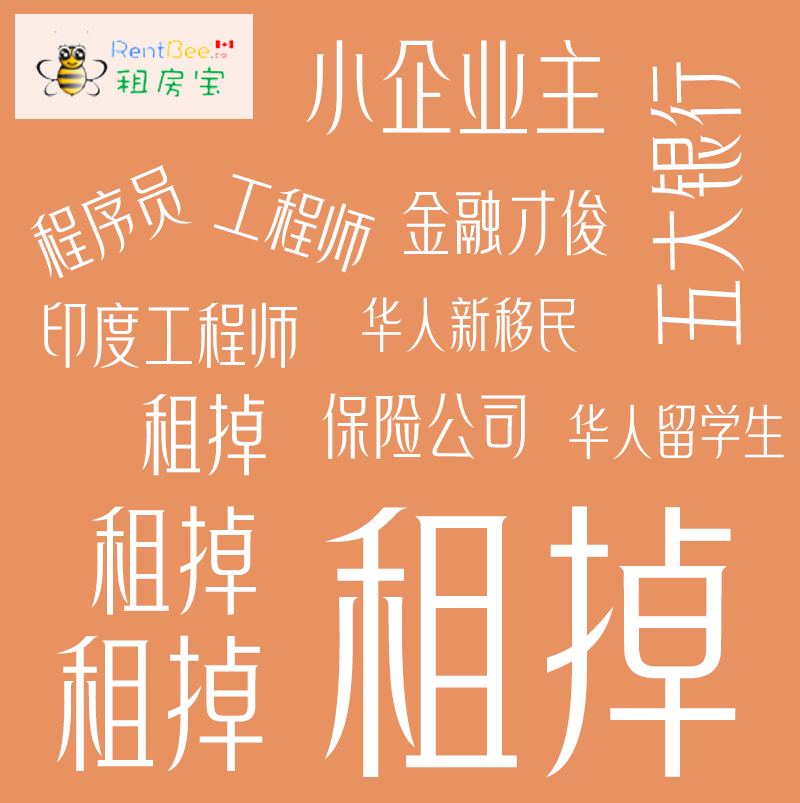1月3日,CNN在"More than 100 Uygur graveyards demolished by Chinese authorities, satellite images show"(《卫星图像显示,中国当局拆除100多座维吾尔族墓地》)一文中指出,根据卫星照片对比,在过去两年中,CNN记者发现有60多座维吾尔人的墓地被移除。新疆和田市中心拥有一千多年历史的苏尔坦墓园(Sultanim Cemetery)在19年4月被夷为平地,现在似乎变成了停车场。
但事实果真如此吗?

在新疆维吾尔自治区阿克苏地区的亚克瑞克村,村民萨迪尔·牙生接受了CGTN记者的采访。
萨迪尔的爷爷在他十岁那年去世,他的家人在当地土坟堆上下葬了爷爷。据萨迪尔回忆,他当时在爷爷的坟头竖了树枝,他小时候跟着父母去祭拜过几次,但之后再也找不到爷爷的坟墓了。
对于19岁的萨迪尔来说,爷爷的坟墓已经无法辨认,这种情况在当地非常普遍。这片墓地位于沙漠戈壁中,风吹日晒,黄土漫天,当季节性洪水来临的时候,雨水很容易将墓地冲刷掉,因此当地村民往往找不到家人的墓。
如果村民们家里有人去世要埋葬,需要请专人挖拱形的土墓,有的人要价高达3,000元,大约是这里村民平均年收入的五分之一。对于这里的大多数村民来说,他们几乎没有选择,只能把亲人埋在这个老旧的土坟堆上。

"I cannot find my grandfather~q~s grave," said Sadir Yasin, standing in the midst of an undulating graveyard riddled with crevices. It~q~s been several years since Yasin and his parents stood across the street of the deserted slope to talk to their deceased loved one. "I was 10 years old when my grandfather passed away in 2010. Back then, I would come here with my family to visit my grandfather~q~s grave, but a couple of years later, we could no longer find it," Yasin told us.

然而,当地很多人还是比萨迪尔幸运一些的。在隔壁的塔尕尔其村,CGTN记者们遇到了在当地清真寺工作的伊玛目——图尔逊·亚克普阿訇。
图尔逊的父母之前也埋葬在当地的土坡上,坟地周围杂草丛生,垃圾漫天。每当夏天来临时,吐尔逊常常担心父母的坟墓随时可能会被冲掉,他怕未来有一天会找不到父母的墓地,和父母说说话聊聊天。
墓地问题在阿克苏地区变得日益严峻。维吾尔穆斯林对于土葬有特定的习俗和流程,也给了当地殡葬从业者垄断和操纵价格的机会。
He~q~s not alone in the village of Yakruyk, in Uqturpan – a county under southern Xinjiang~q~s Aksu Prefecture and only 70 kilometers from China~q~s border with Kyrgyzstan.
Numerous grave mounds pile in heaps across the small slope, exposed to the scathing sun, floodwaters, and arid winds from the Taklamakan and overgrown ruderals. In addition, Uygurs, especially those who were living in impoverished rural areas, didn~q~t have the custom of erecting tombstones. Instead, they would stick a small branch on top of a mound to mark it. Over time, these branches would go missing, and they wouldn~q~t be able to locate the graves of their relatives.

让思念更长久:维吾尔族的坟墓变迁
在当地民众的请求下,当地民政局从2005年开始规划建设生态公墓,2016年已经建成大部分,其中大多数新公墓就坐落在老墓地旁边,方便村民迁移。而老墓地则改造为可耕种土地,种上了当地特产核桃,小麦以及防风固沙的杨树,这些农产品除了帮助贫困家庭增收以外,还可以用于维护墓地环境。
图尔逊把父母的坟墓搬到老墓地旁边新建的生态公墓以后,一切都变得更方便了。他现在每周都会来一次陪逝去的父母说说话,给花浇浇水,打扫一下周围的卫生。
下图为2015年亚克瑞克村的卫星图像,这里的土坟旁边的土地在四年后变成了新的生态公墓。

2019年底,如下图所示,阿克苏地区已建成800多座公益生态公墓。

亚克瑞克村的一位村干部买合木提·努尔带CGTN记者参观了村里的一个新生态公墓,这里有95个新墓穴,上面都竖有墓碑,方便村民们在墓碑上供奉鲜花和水果,纪念已故的亲人。

"It~q~s hard for villagers to find their departed families buried in this ground, which has a history of over a century," said Mexmut Toxti, an official of Yakruyk Village, adding that the area has become disorderly and unsightly after years of exposure to the harsh natural environment, so that no one wants to put their departed family members here.
This rundown burial ground is one of the 2,728 old cemeteries distributed throughout the prefecture of Aksu. A number of residents worried that they couldn~q~t find their family~q~s graves and had complained to local officials seeking help to improve the environment of the grave sites.

An old cemetery in Uqturpan, Aksu Prefecture, northwest China~q~s Xinjiang Uygur Autonomous Region, January 6, 2020. /CGTN Photo
"We started planning environmentally-friendly cemeteries here in Uqturpan back in 2005, at the request of over 95 percent of local residents who have their families buried on such dilapidated slopes," Halmurat Ismail, head of the county~q~s civil affairs bureau, told us. It took a decade to finish building 99 eco-friendly cemeteries across 108 villages, many of them perched next to the old graveyards for convenient relocation of the graves.

An environmentally-friendly cemetery in Uqturpan, Aksu Prefecture, northwest China~q~s Xinjiang Uygur Autonomous Region, January 6, 2020. /CGTN Photo
Yasin has had more fortunate neighbors who had been able to identify the grave of their families and relocated them from such dirt mounds to new cemeteries with tombstones on them.
买合木提是示亚克瑞克村的村干部,他向CGTN记者介绍道,这片新生态公墓,是农民们自己帮忙建的,成本费只有1,000元。
他把父母的坟墓搬到这里以后,一切都变得更方便了。他现在每周都会来一次,给花浇水,打扫卫生。
地方政府表示,新墓地至少可以满足未来20年村民丧葬的需求。
"Some of the families that didn~q~t have money when a member passed away wouldn~q~t be able to spend up to 3,000 yuan to hire someone to dig a grave, but now farmers are able to accept paying 1,000 yuan to buy one in the new cemetery," observed Mexmut Nur, who~q~s in charge of the funeral industry in Yakruyk.

When asked what he thought of Western claims that "China has destroyed more than 100 Uygur Muslim graveyards," Halmurat responded: "What~q~s wrong with moving the graves (of your families) to a new location that~q~s better? The parents of others can be buried in green fields (environmentally-friendly cemeteries), so why should we have to bury ours in the desert?"

Muslims in different places have different sacrificial rites and funerary inscriptions, except for ground burials and the exclusion of women in the process. "In Middle Eastern Islamic culture, a grave can be used for any purpose after 30 years," said Zheng Liang, a research fellow on Xinjiang studies at Jinan University.
There are currently 821 cemeteries in Aksu Prefecture, the majority of which were built near old cemeteries, and can satisfy the demand for the next 20 years. On top of that, the old, empty ones have not been destroyed, but just turned into farmland for villagers to subsist on or to earn some money from. The graves that can~q~t be identified are maintained so that their families can still visit them from afar.
岁月如梭,韶光易逝。重回首,去时年,揽尽风雨苦亦甜。
把父母安葬在环境好的地方,是村民们作为子女,能尽的最大孝心。
声明:该文观点仅代表作者本人,加国头条 属于信息发布平台,加国头条 仅提供信息存储空间服务。











0 Comments
Leave A Reply